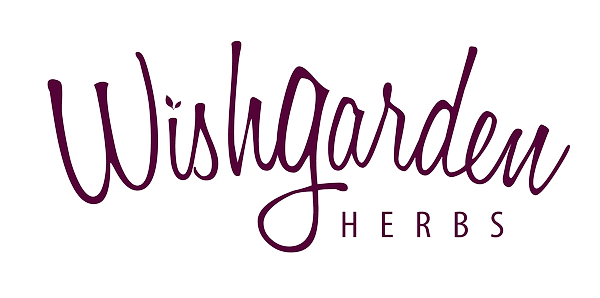
Strategies For Sleeping Successfully
Written by Dr. Shawn ManskeShare
Sleep is the one thing we all need to keep our bodies functioning optimally. However, many of us either don't get enough sleep or have trouble with falling asleep and staying asleep. And while some people state that they do just fine on less sleep, many don't realize how optimal they can and should feel when they get a proper amount of sleep.
The CDC (Centers For Disease Control) and many researchers in the field of sleep studies suggest that adults require 7-9 hours of sleep per night and define short sleep duration as anything less that 7 hours per night. However, it is not just the length of sleep that matters but the quality of our sleep as well.
Chronic sleep loss has been associated with a number of health issues. Sleep apnea, which are momentary interruptions in breathing during sleep, cause disturbances in sleep cycles and affect the quality of sleep. With a lack of restorative sleep, this can contribute to daytime sleepiness. Also, sleep is a time when our bodies are working on detoxification and cleansing out metabolic waste materials, and when this process is continually interrupted, it affects our cellular processes.
There are many things we can do to optimize our sleep quality and duration. Sleep hygiene refers to behaviors we can do every day to support healthy sleep patterns and include things such as:
- Going to bed at the same time every night and getting up at the same time each morning
- Avoiding screen time 1-2 hours before bed (TV, phones, tablets, computers, etc)
- Keeping the bedroom cool and dark, avoiding any light entering the room
- Avoiding caffeine past 2 pm
- Avoiding alcohol before bedtime
- Avoiding large meals or snacking prior to bedtime
- Getting at least 30-60 minutes of exercise daily
In addition to the sleep hygiene practices mentioned above, we can turn to our plant allies to help support and calm our bodies into a gentle state of relaxation to prepare us for sleep.
We can utilize nervines, herbs that have a nutritive, nourishing, restorative action on our nervous system. By using these herbs, our bodies start to wind down, shifting gears from sympathetic dominance ("fight or flight" mode) to the parasympathetic state ('rest and digest"). The herbs include Passionflower, American Skullcap, and hops. These herbs are gentle and supportive, can be taken if one awakes in the middle of the night, and won't leave the user feeling groggy in the morning.
Some herbs used for sleep support have a heavier action on the body and while they help people sleep better and more deeply, they can also leave the person feeling as though they haven't gotten enough sleep. This would include herbs like Kava Kava and Valerian. These herbs can be very helpful and necessary for some but come with the caution that they can leave the user not feeling restored.
Any of these herbs can be used on their own or in a formula. Everyone reacts differently to individual herbs and or formulas and finding what works best for you can take some trial and error. As well, you can decide between using these herbs as teas or in liquid extract form to find what works best for you. Liquid extracts will have more of the plant constituents extracted into them and may be faster acting; however, the gentleness and warming nature of tea can be just as effective for some at calming their minds and bringing on a restful sleep.
Dr. Shawn Manske attended the Canadian College of Naturopathic Medicine, one of seven accredited four-year, post-graduate Naturopathic Medical schools in North America, and received his Doctor of Naturopathic Medicine. He practiced as an ND for five years in Ontario, Canada, before moving to Colorado. He's currently a Territory Accounts Manager and Senior Educator at WishGarden Herbs.
For educational purposes only. This information has not been evaluated by the Food and Drug Administration. This information is not intended to diagnose, treat, cure, or prevent any disease, or sell any product.



















